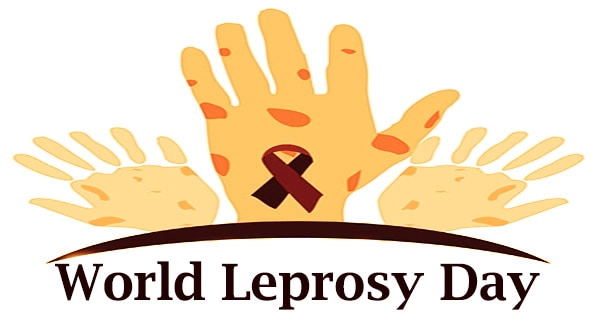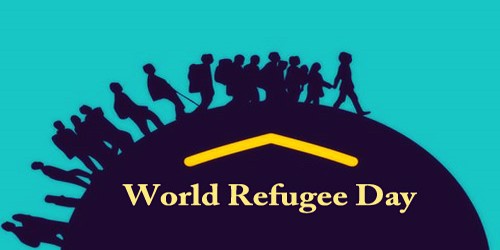“Globalization” has become a buzzword in the new era of international relations. It is a process of expanding trade and commerce all over the world by creating a borderless market. It has had a far-reaching effect on many aspects of life. With the development of hi-tech communication media and rapid transportation facilities, the whole world has squeezed and come closer to one another. Now we can learn in an instant what is happening in the farthest corner of the globe and travel to any country in the shortest possible time. The electronic transfer of information via the Internet has now created an instantaneous and inter-connected world of information resulting in a 24-hour trading network. This technology has largely changed banking and financial activities. We can now buy and sell goods through the electronic screen. Economically, globalization involves goods, services, the economic resources of capital, technology, and data. Also, the expansions of global markets liberalize the economic activities of the exchange of goods and funds. Removal of Cross-Border Trades barriers has made the formation of Global Markets more feasible. Thus globalization has extended its influence to almost every aspect of our life. By virtue of globalization, the people of the whole world have come closer to one another. They can exchange their joys, sorrows, views, and emotions with each other. Globalizing processes affect and are affected by business and work organization, economics, socio-cultural resources, and the natural environment. Academic literature commonly subdivides globalization into three major areas: economic globalization, cultural globalization, and political globalization. In a word, the countries of the world are like families in a village. We can turn this globe into a better place through mutual understanding and co-operation.
Globalization
















